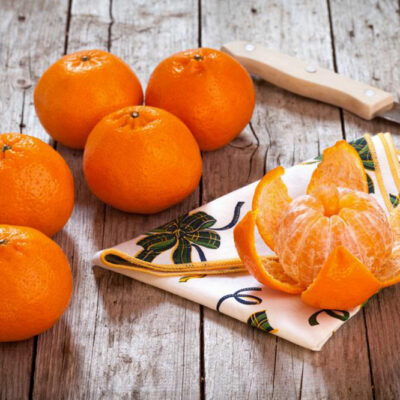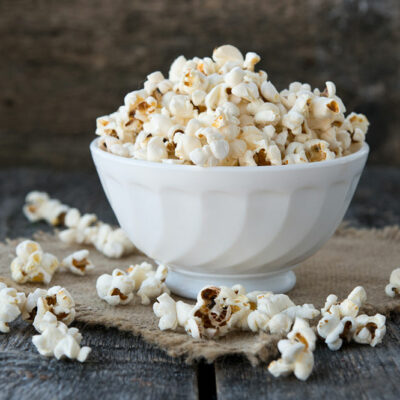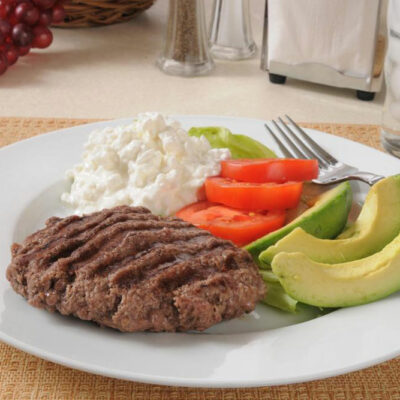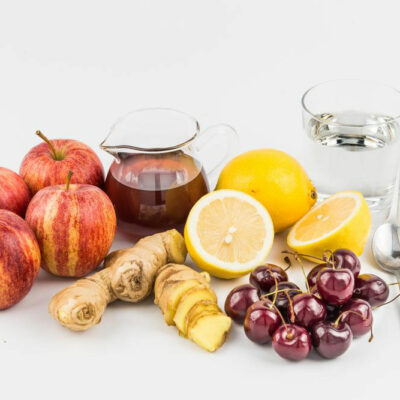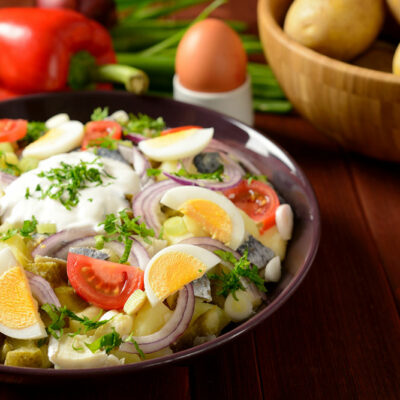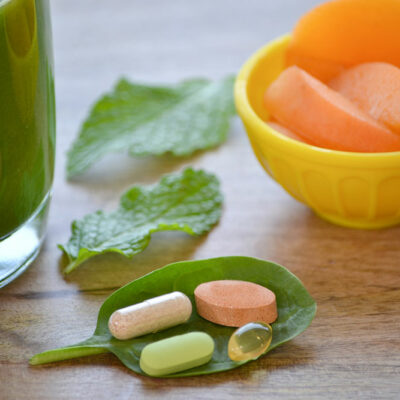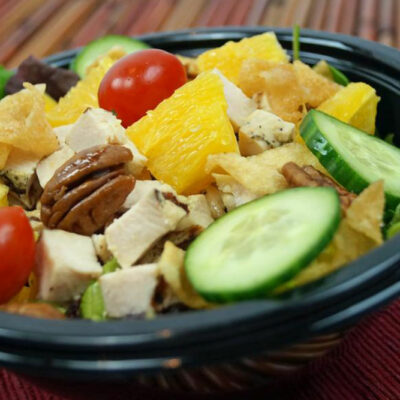
Diets & Meal Plans
Top 6 Foods that may help fight lung cancer
Lung cancer is a life-threatening disease that affects millions of men and women all over the world. Depending on the type and severity of lung cancer, overall health condition, and age of the person, the healthcare providers may recommend a series of treatment procedures like chemotherapy, radiation therapy, surgery, and immunotherapy. During and after treatment, it is essential to eat a healthy diet that contains foods that may help you battle lung cancer. Green tea Green tea contains polyphenols that demonstrate high antioxidant properties. Research has found that green tea consumption may inhibit tumor growth and help fight lung cancer. It was also found that consuming green tea regularly may reverse some of the damages caused by smoking. In addition to that, studies have proven the effectiveness of green tea in lowering the risk of developing lung cancer. Pears Pears are rich sources of phloretin, which a compound that possesses anti-inflammatory and immunosuppressive properties. The powerful effects of phloretin help enhance the anticancer effects of chemotherapy medications like cisplatin. These medicines are often used for the treatment of lung cancer, specifically non-small cell lung cancer. The anticancer properties of pears make it one of the most potent fruits that may help in your battle with lung cancer.

